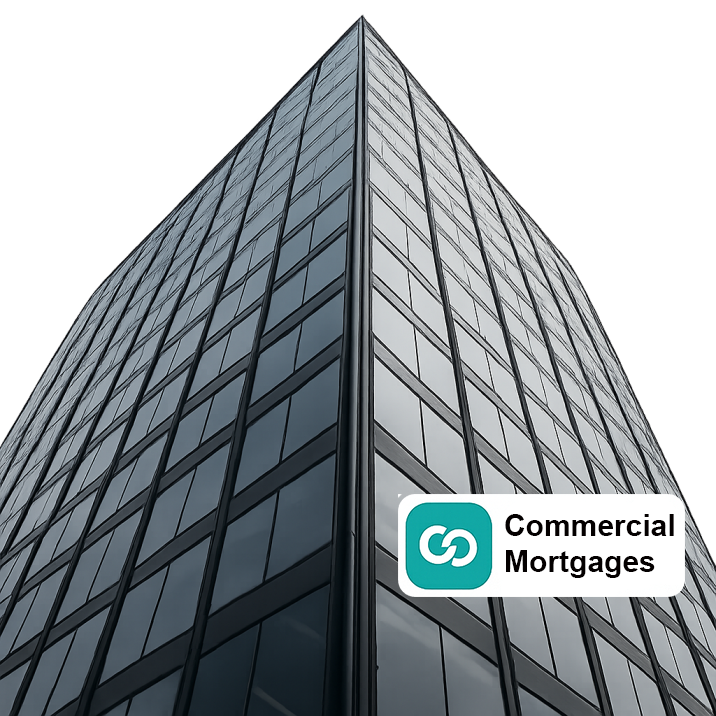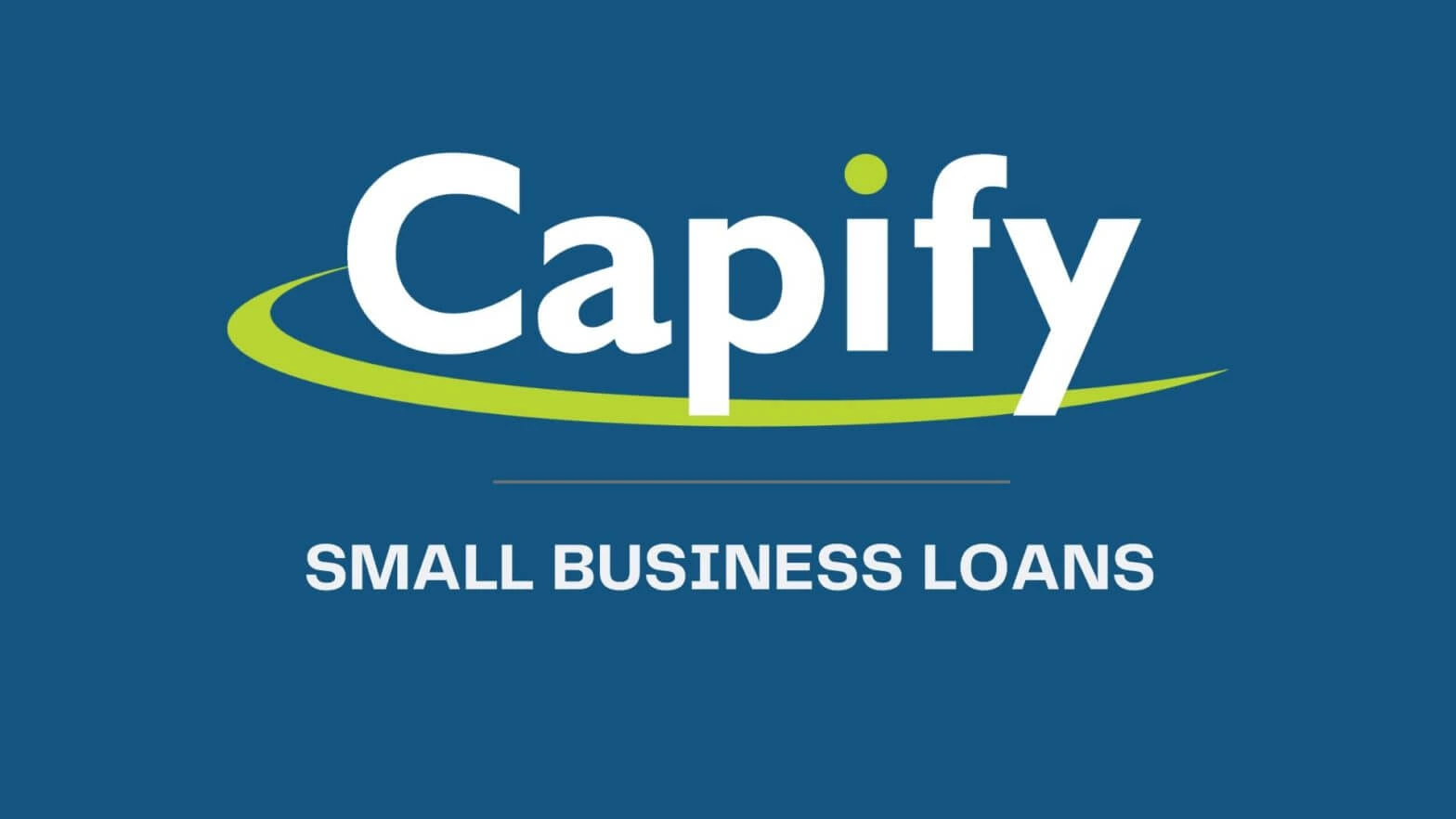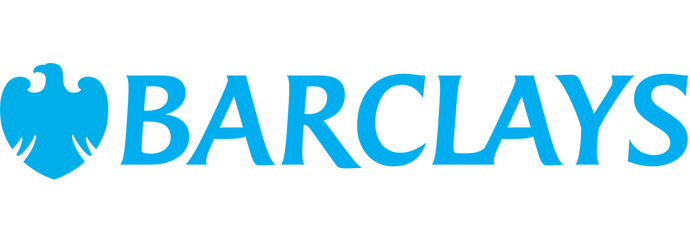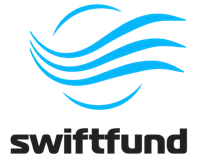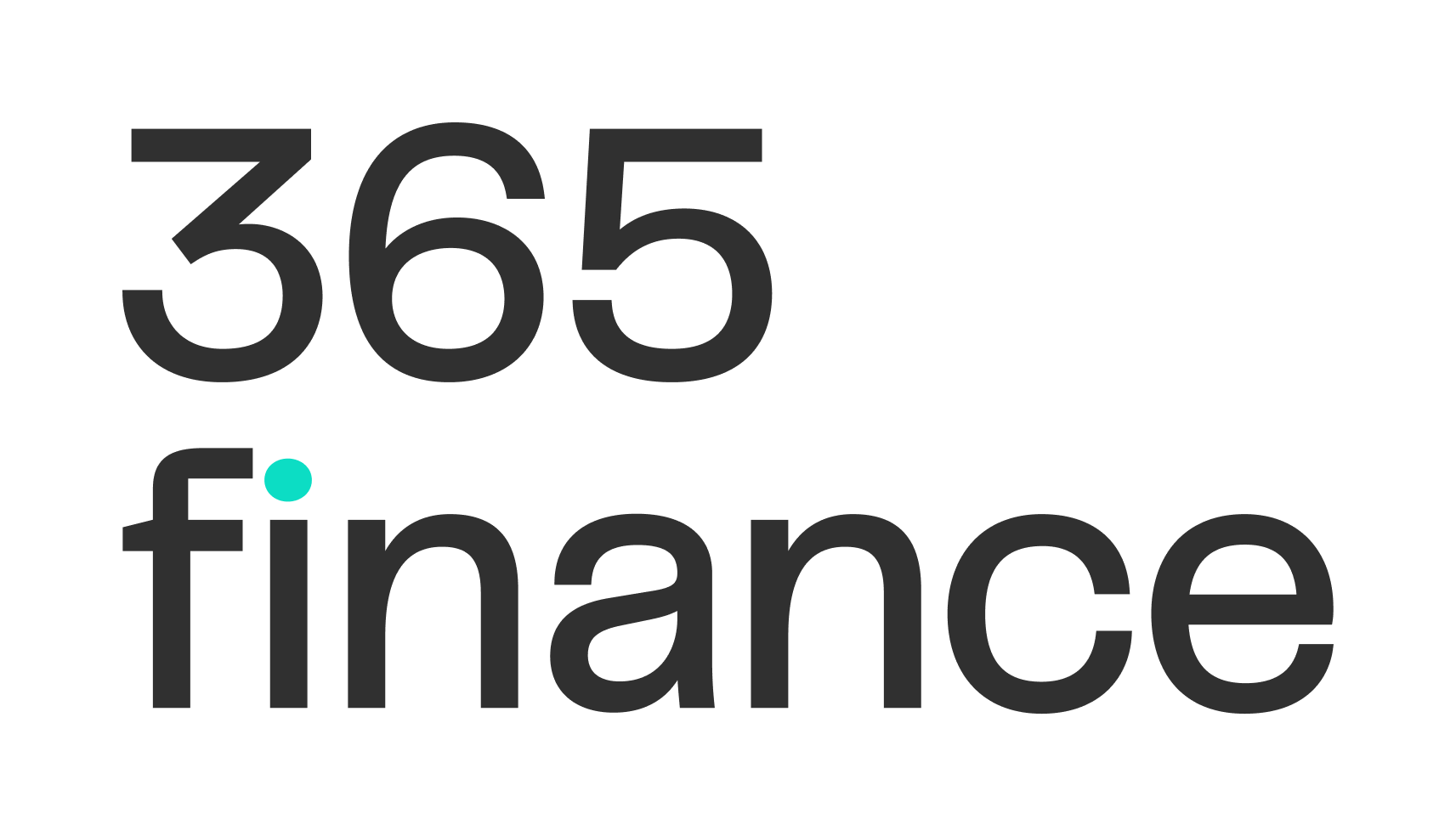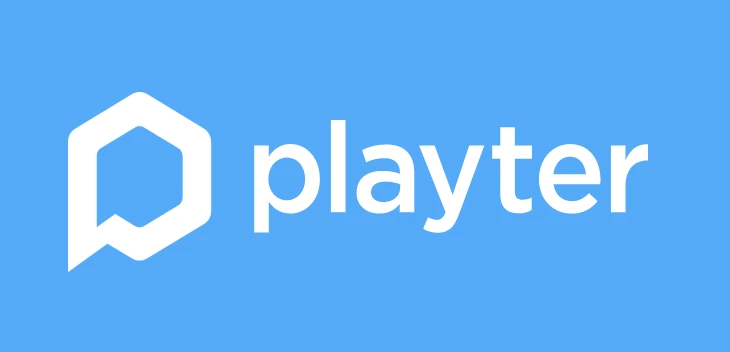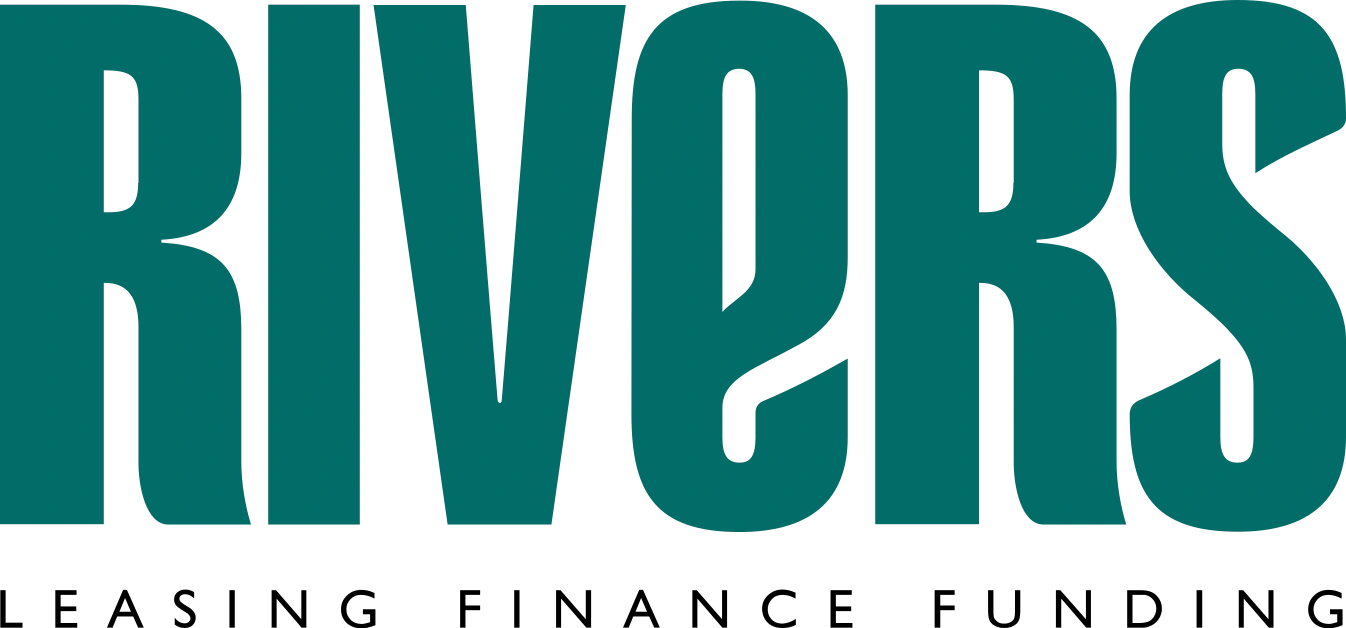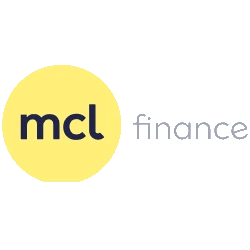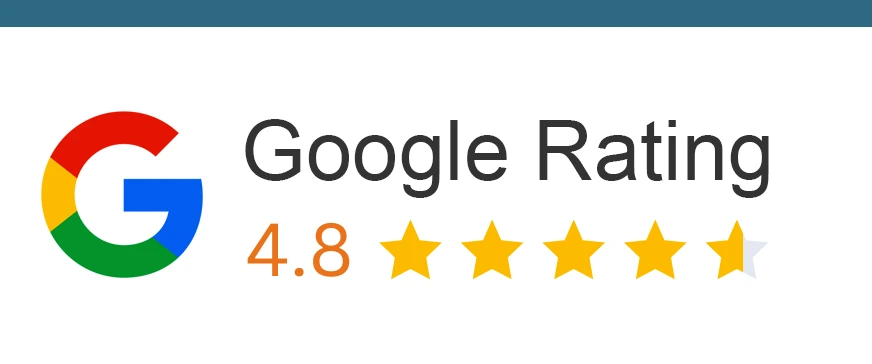Property repossession consequences include immediate loss of essential business premises, disruption to business operations and customer relationships, potential business closure or significant operational restructuring, and long-term impact on business reputation and market position. The forced sale process often results in properties selling at discounts of 20-40% below normal market values, creating substantial shortfall debts that survive the property sale and remain enforceable against business and personal assets. These shortfall balances can persist for many years, affecting future business development opportunities and personal financial planning.
Personal Liability and Guarantee Obligations: Commercial mortgages typically require comprehensive personal guarantees from directors and business owners, creating unlimited personal liability that extends far beyond business assets and operations. These guarantee arrangements mean that personal assets including family homes, investment properties, and personal savings become exposed to business debt obligations, creating significant risks for personal financial security and family circumstances. Personal guarantees typically survive business failure, liquidation, or restructuring, meaning that liability continues even after business closure and can be enforced against personal assets for the full outstanding debt amount.
The unlimited nature of personal guarantees means that liability is not capped at specific amounts but extends to the full outstanding mortgage balance plus accrued interest, costs, and legal expenses. Joint and several guarantee arrangements create individual liability for the full debt amount, meaning that each guarantor can be pursued for the entire outstanding balance regardless of their ownership percentage or involvement in business decisions. This personal exposure requires careful consideration of asset protection strategies, family financial planning, and the potential long-term impact on personal circumstances and retirement planning.
Market Volatility and Property Value Risk: Commercial property markets demonstrate inherent volatility that can significantly affect security values and borrowing capacity throughout mortgage terms. Property values fluctuate based on economic conditions, local market factors, industry sector performance, and broader investment market sentiment, creating potential negative equity situations where outstanding mortgage balances exceed current property values. This volatility particularly affects specialized commercial properties, secondary locations, and properties dependent on specific industry sectors that may experience cyclical or structural challenges.
Market downturns can create refinancing difficulties when mortgage terms expire, as reduced property values may not support existing debt levels or meet lender criteria for new facilities. Economic sensitivity affects both property values and business performance simultaneously, creating dual exposure during challenging periods when reduced business income coincides with decreased asset values. Interest rate movements influence both borrowing costs and property investment yields, affecting affordability and market demand for commercial properties.
Operational Restrictions and Covenant Obligations: Commercial mortgages impose various operational restrictions that can limit business flexibility and strategic decision-making throughout the loan term. Asset restrictions typically prohibit property disposal, modification, or additional security arrangements without lender consent, potentially constraining business development opportunities and strategic planning. Financial covenant obligations require maintenance of specific performance metrics including debt service coverage ratios, profitability levels, and financial reporting standards that can trigger technical defaults even when payments remain current.
These restrictions extend to business operations through requirements for specific insurance coverage, property maintenance standards, and compliance with planning and regulatory requirements that create ongoing obligations and potential cost implications. Breach of covenant obligations can trigger loan acceleration, demanding immediate repayment of full outstanding balances, while also potentially affecting other business finance arrangements through cross-default provisions. The complexity of covenant structures requires ongoing monitoring and professional advice to ensure compliance and avoid technical defaults that could jeopardize business operations.
Complex Application Process and Professional Costs: Commercial mortgage applications involve complex procedures requiring extensive documentation, professional coordination, and substantial time commitments that can strain business resources and management attention. The process typically requires 8-12 weeks from application to completion, involving coordination between multiple professionals including commercial mortgage brokers, solicitors, surveyors, accountants, and lenders, each with specific requirements and timelines that must be carefully managed to avoid delays or complications.
Professional costs associated with commercial mortgages include legal fees typically ranging from several thousand to tens of thousands of pounds, professional valuation costs, survey expenses, broker arrangement fees, and ongoing monitoring charges that can represent substantial upfront investments. These costs are generally non-refundable if applications are unsuccessful, creating financial exposure during the application process. Early repayment penalties typically range from 1-5% of outstanding balances, creating significant costs for businesses seeking to refinance or exit mortgage arrangements before term expiry.
Risk Mitigation Strategies:
•Maintain conservative loan-to-value ratios to provide equity buffers against market volatility
•Implement robust cash flow monitoring and forecasting systems to identify potential difficulties early
•Maintain comprehensive insurance coverage including business interruption protection
•Engage professional advisors for ongoing covenant monitoring and compliance management
•Consider fixed rate options to provide payment certainty against interest rate movements
•Maintain adequate cash reserves and contingency funding arrangements for unexpected circumstances

